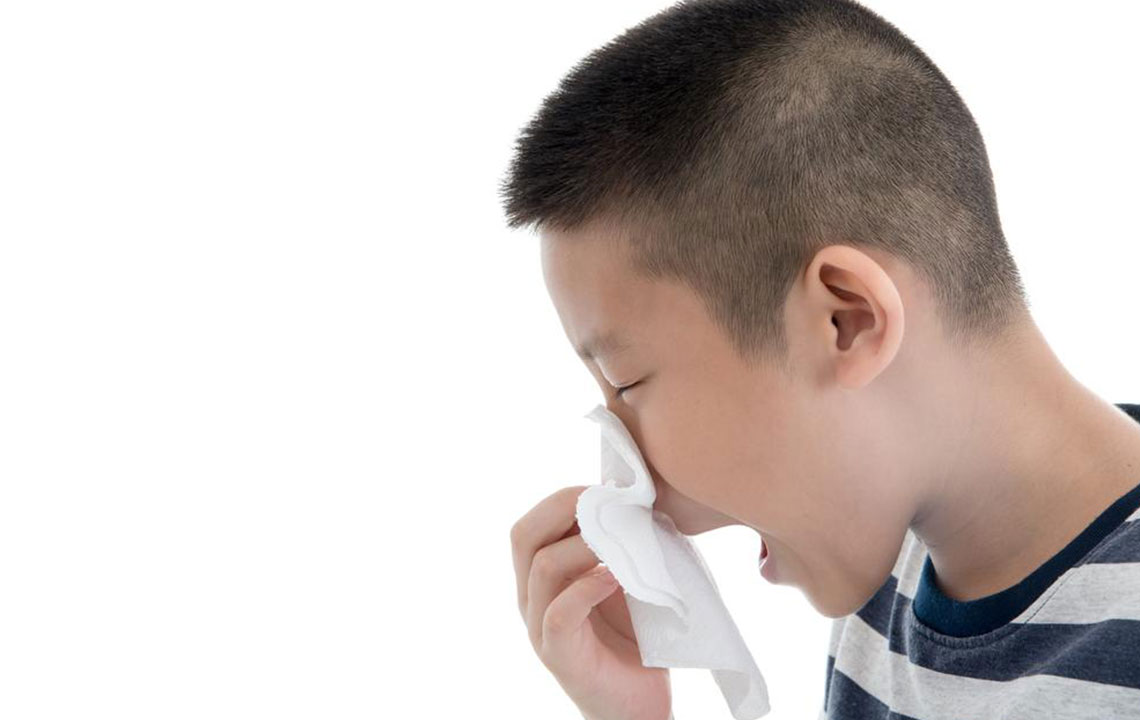Comprehensive Guide to Managing Sinusitis Effectively
This comprehensive article explores effective strategies for managing sinusitis, emphasizing the importance of allergy control, prevention, and personalized treatment options. It provides valuable insights on medication, lifestyle changes, and when to seek medical help to prevent long-term sinus problems, ensuring better respiratory health and improved quality of life.

Comprehensive Guide to Managing Sinusitis Effectively
Sinusitis, a common yet often misunderstood condition, significantly impacts quality of life for millions worldwide. Proper management of sinusitis involves understanding its underlying causes, recognizing symptoms early, and implementing effective treatment strategies. One critical factor influencing sinus health is allergies, which are frequently overlooked as a contributing factor. Allergies trigger immune responses that inflame the mucus membranes within the sinuses, leading to swelling, blockage, and subsequent discomfort or pain. This article provides an in-depth exploration of sinusitis, its causes, prevention, and the best management techniques to ensure relief and prevent long-term complications.
Understanding how allergies contribute to sinus issues is crucial in managing and preventing sinus infections. Allergens like pollen, dust, pet dander, and mold can cause immune responses that lead to swelling of the nasal mucus membranes. This swelling blocks the sinuses, trapping air, mucus, and bacteria, which promotes infection. Chronic sinusitis can cause persistent pain, pressure, nasal congestion, headaches, and even impact sleep quality. Recognizing symptoms early and seeking prompt medical care helps in initiating effective treatments, reducing the risk of complications such as sinus cysts or bone infections.
Prevention Strategies for Sinusitis and Allergies
Proper management begins with preventing sinus congestion caused by allergic reactions. Identifying triggers is paramount. Implementing measures like using air purifiers, maintaining a clean living environment, avoiding exposure to known allergens, and practicing good hygiene can drastically reduce the likelihood of sinus inflammation. Regularly washing bedding, carpets, and upholstery removes dust mites and mold spores, which are common allergy triggers. When outdoor pollution is high, wearing masks can protect your respiratory system. Furthermore, staying hydrated helps thin mucus, making it easier for your sinuses to drain, thereby reducing the chance of blockage.
Effective Treatment Options for Sinusitis
When symptoms manifest, treatment should be tailored to the severity and root cause of the sinus problem. Medical treatments include a variety of options designed to alleviate symptoms and address infection or inflammation.
Nasal Sprays: These are highly effective in reducing swelling inside the nasal passages. Corticosteroid nasal sprays, such as fluticasone or mometasone, help decrease inflammation and are often prescribed for chronic sinusitis. Regular use under medical supervision ensures optimal relief.
Over-the-Counter (OTC) Medications: For mild symptoms, OTC options like antihistamines, decongestants, and saline nasal sprays are accessible and useful. Antihistamines such as loratadine or cetirizine can help control allergy symptoms, whereas decongestants like pseudoephedrine reduce nasal swelling temporarily. Saline sprays or rinses help clear nasal passages and moisturize mucus membranes.
Decongestants: Oral decongestants such as pseudoephedrine can provide rapid relief from nasal congestion. However, their use should be limited to 3-4 days to prevent rebound congestion, a condition called rhinitis medicamentosa. Use under medical guidance is highly recommended.
Additional Treatments: In stubborn cases, physicians might prescribe oral or injectable steroids to rapidly reduce inflammation. For bacterial sinus infections, antibiotics may be necessary—though most sinusitis cases are viral and do not require antibiotics.
When managing sinusitis, lifestyle adjustments play a role in preventing relapses. Avoiding smoking, managing stress, and maintaining a healthy diet bolster immune response and enhance sinus health. Regularly visiting healthcare providers for check-ups ensures early detection of recurrent symptoms and provides opportunities for ongoing management.
In cases where sinus problems persist despite initial treatments, advanced procedures like balloon sinuplasty or sinus surgery might be considered. These interventions aim to openblocked sinuses, improve drainage, and prevent recurrent infections, ultimately restoring normal sinus function and improving quality of life.
Conclusion
Managing sinusitis effectively involves a multi-faceted approach—understanding the role of allergies, implementing preventative measures, and utilizing appropriate medical treatments. Early intervention is key in preventing chronic issues and maintaining sinus health. Consulting healthcare professionals at the first signs of symptoms ensures tailored treatment plans, promoting faster recovery and preventing long-term damage. Whether through lifestyle modifications, medication, or surgical options, taking proactive steps can significantly improve symptoms and overall sinus health.
For anyone prone to sinus issues, staying informed about the causes, symptoms, and treatments ensures better health management. Prioritizing sinus health not only alleviates discomfort but also enhances overall respiratory well-being, vital for daily activities and long-term health.





